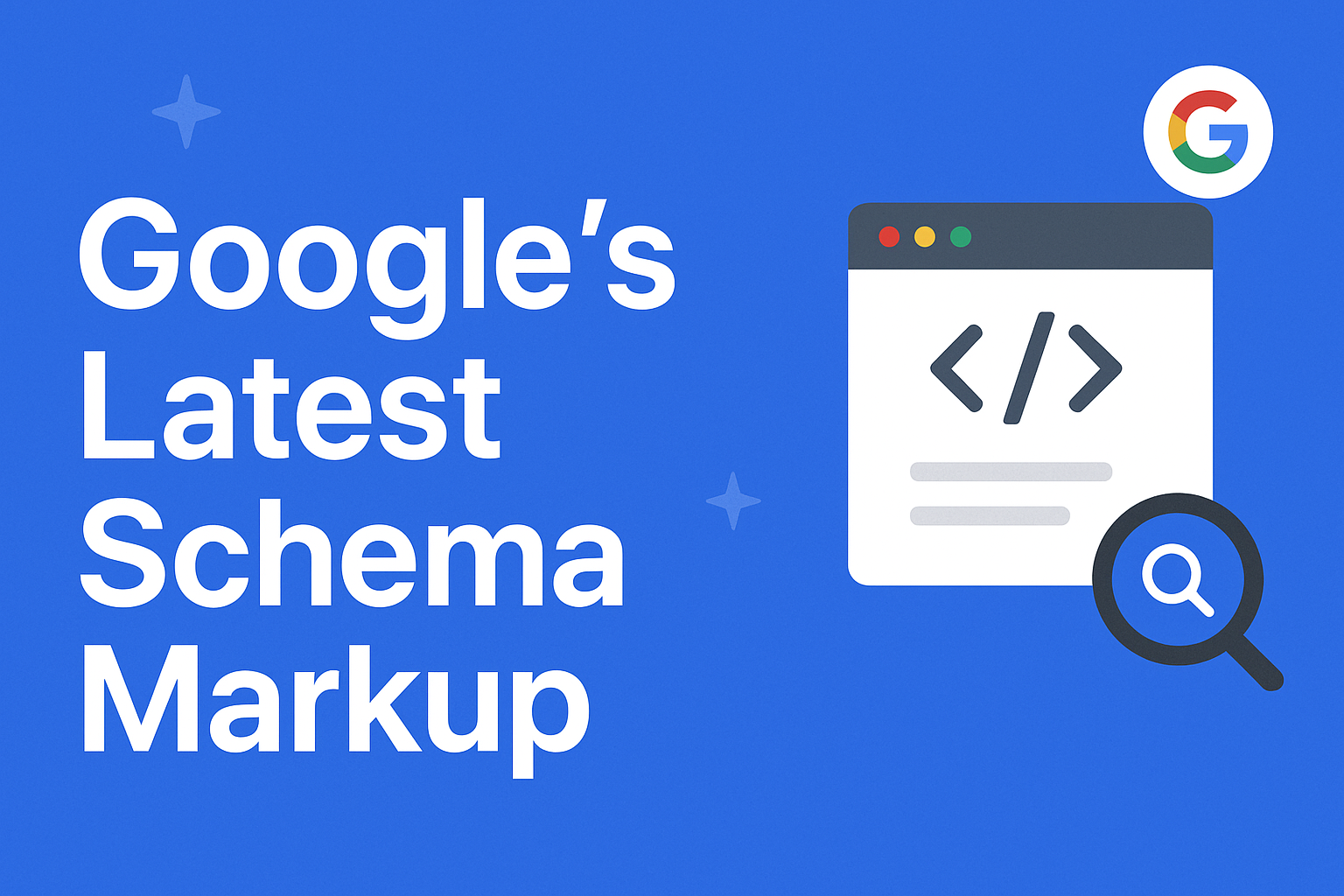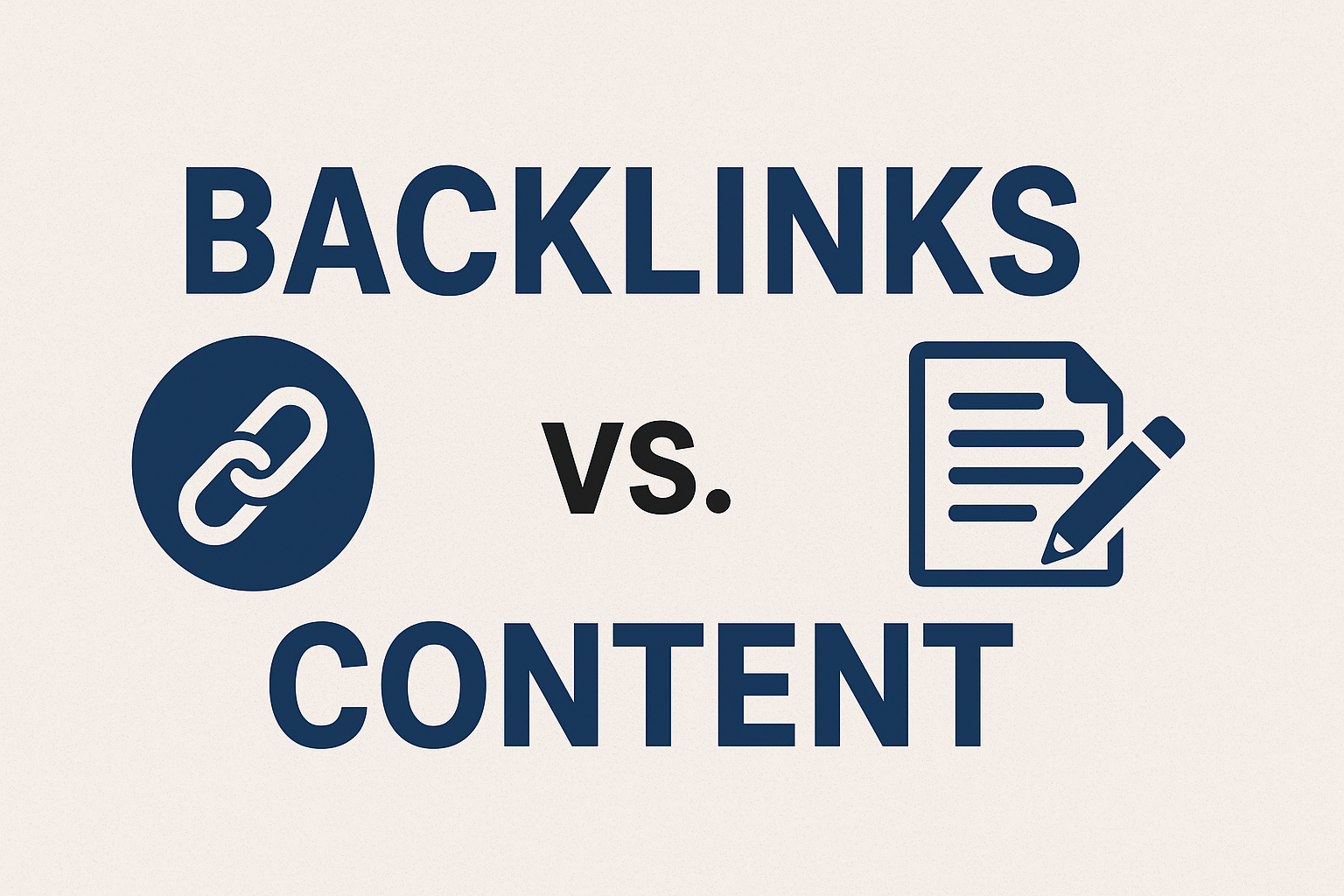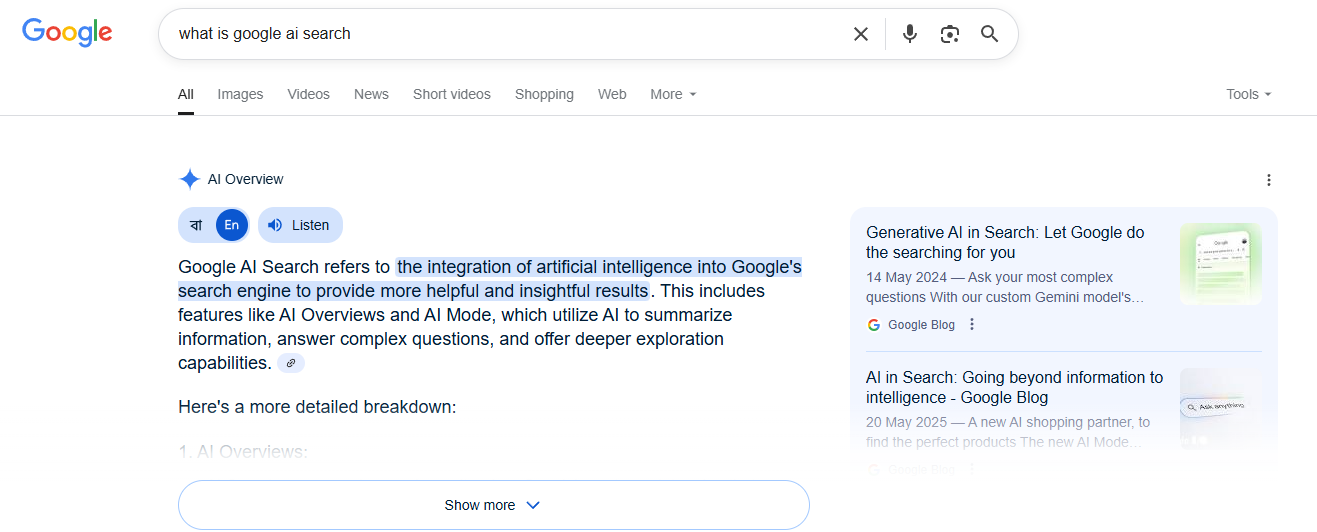Schema markup is a structured data vocabulary that helps search engines understand your website’s content better. It uses a standardized format (JSON-LD, Microdata, or RDFa) to label different elements like:
-
Business details (name, address, contact)
-
Products & prices
-
Events & reviews
-
Recipes & FAQs
-
Membership programs (new!)
✅ Example:
{ "@context": "https://schema.org", "@type": "Organization", "name": "Your Brand", "url": "https://example.com" }
2. Why is Schema Important for SEO?
-
Rich Snippets: Appears as enhanced search results (ratings, prices, events).
-
Better AI Understanding: Helps ChatGPT, Gemini, and Google Bard interpret your brand.
-
Higher CTR: Attractive snippets = more clicks.
-
Voice Search Optimization: Structured data improves voice assistant responses.
📌 Fact: Pages with Schema rank 4 positions higher on average (Search Engine Journal).
3. Google’s June 10th Update: Organization Schema Now Supports Loyalty Programs
Google’s latest update allows businesses to add membership & loyalty program details in Schema.
What’s New?
✔️ Membership tiers (Gold, Silver, Platinum)
✔️ Reward points & benefits
✔️ Dedicated program URLs
Why Use It?
-
Helps Google & AI chatbots recommend your brand.
-
Displays loyalty perks directly in search results.
4. How to Implement the New Membership Schema
Step 1: Basic Organization Schema
{ "@context": "https://schema.org", "@type": "Organization", "name": "MyBrand", "url": "https://mybrand.com", "logo": "https://mybrand.com/logo.png" }
Step 2: Add Membership Program
"hasOfferCatalog": { "@type": "OfferCatalog", "name": "Loyalty Programs", "itemListElement": [{ "@type": "Membership", "name": "Gold Tier", "url": "https://mybrand.com/gold-membership", "membershipTier": { "@type": "MembershipTier", "name": "Gold", "benefits": "10% discount, free shipping" } }] }
✅ Placement: Add to Homepage, About Us, or Membership Page.
5. Different Types of Schema Markup & Their Uses
| Schema Type | Best For |
|---|---|
| Organization | Business details (name, logo, contact) |
| Product | E-commerce items (price, reviews) |
| Breadcrumb | Site navigation structure |
| FAQ | Question & answer sections |
| Event | Concerts, webinars, promotions |
| Review | Customer ratings & testimonials |
📌 Pro Tip: Use multiple Schemas for better coverage!
6. Common Schema Mistakes to Avoid
❌ Incorrect JSON-LD formatting → Use Schema Validator.
❌ Duplicate Schema → Only add once per page.
❌ Irrelevant markup → Don’t use Product Schema for a blog.
❌ Outdated info → Update Schema if business details change.
7. Advanced Schema Strategies for Better Rankings
A. Local Business Schema (For GMB Rankings)
{ "@type": "LocalBusiness", "address": { "@type": "PostalAddress", "streetAddress": "123 Main St" } }
B. FAQ Schema (For Voice Search)
{ "@type": "FAQPage", "mainEntity": [{ "@type": "Question", "name": "What is Schema?", "acceptedAnswer": { "@type": "Answer", "text": "Schema is structured data..." } }] }
C. How-to Schema (For Tutorials)
{ "@type": "HowTo", "name": "How to Add Schema", "step": [{ "@type": "HowToStep", "text": "Go to Google’s Structured Data Markup Helper..." }] }
8. Tools to Test & Validate Your Schema
-
Google Rich Results Test → https://search.google.com/test/rich-results
-
Schema Markup Validator → https://validator.schema.org
-
SEO Plugins (Rank Math, Yoast, Schema Pro)





